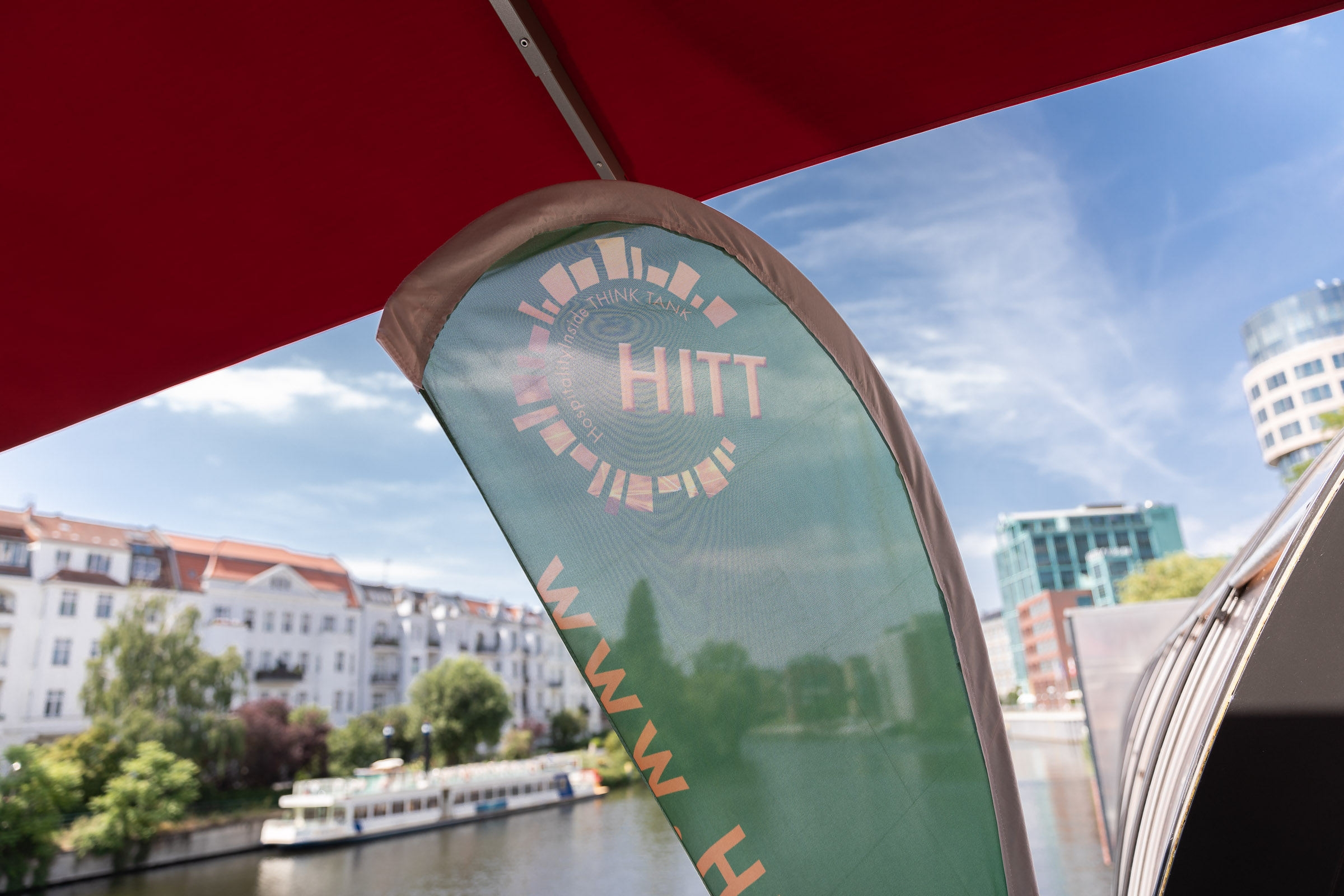
Tourism and hotel industry in the crossfire
Everybody under pressure: Be smart and get organised! Initial reports from HITT
Autoren

Susanne Stauss
has a degree in business administration and is a qualified hotel manager, making her the ideal hotel journalist with over 30 years of knowledge about the German hotel industry. She has been writing for hospitalityInside.com since it was founded in March 2005, today in the role of a Senior Writer. Among other things, she was the editor-in-chief of the trade magazine First Class, Restaurant International and the newsletter Cost & Logis. Today she writes for the trade magazine Top hotel and writes for staff magazines and customer magazines.

Maria Pütz-Willems
is a passionate writer who travelled to over 40 countries and got to know the media world from many perspectives. She has been reporting on the international hotel industry for over 30 years and founded hospitalityInside.com in 2005. She finds her balance with fresh air, sports, cooking and sociable friends.
